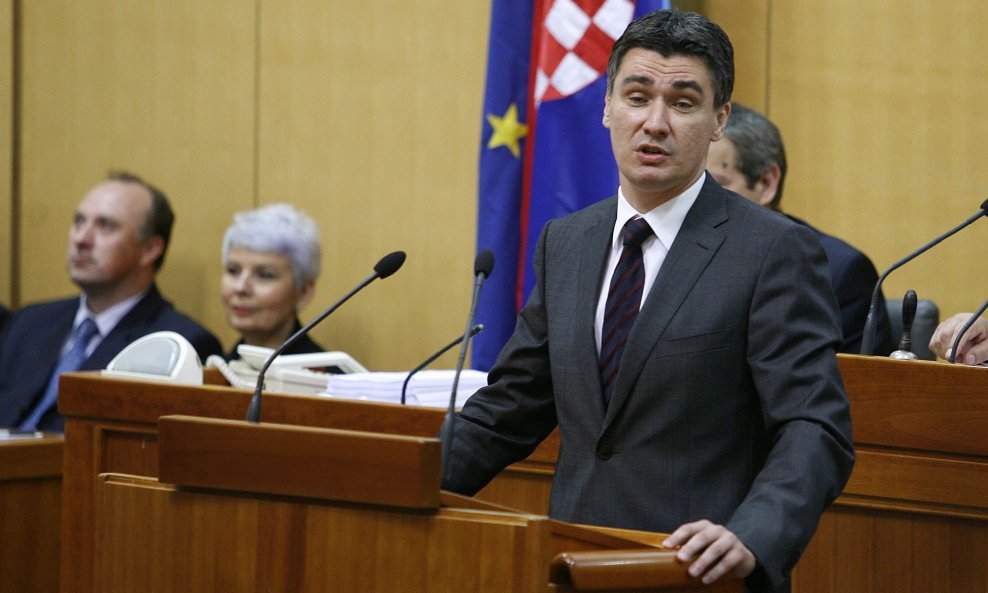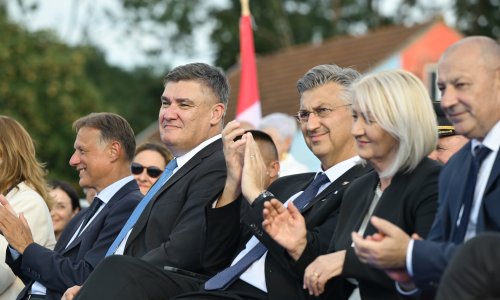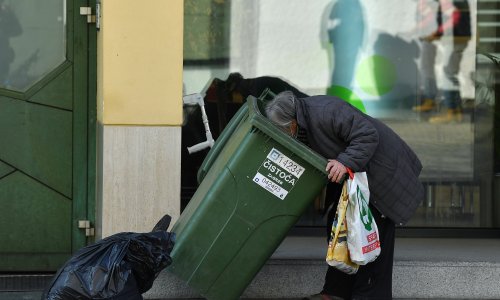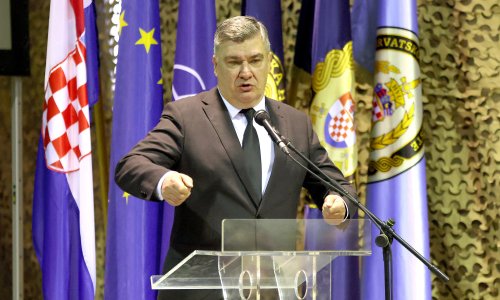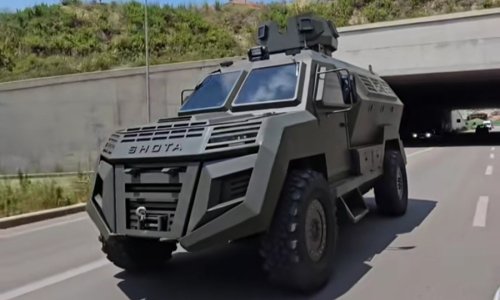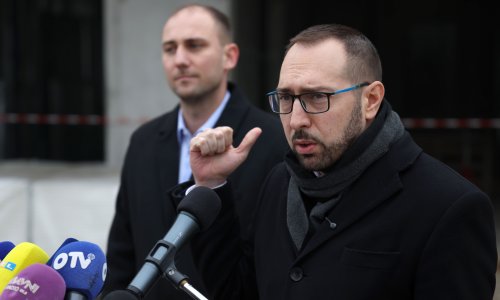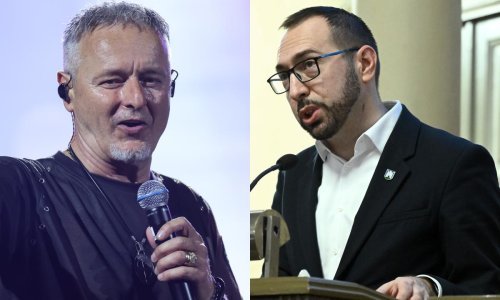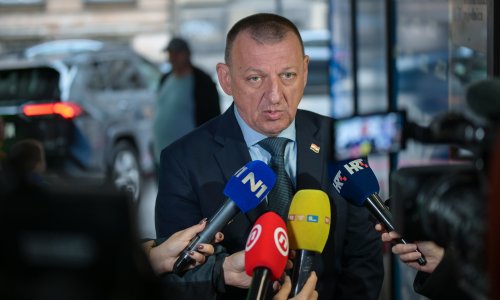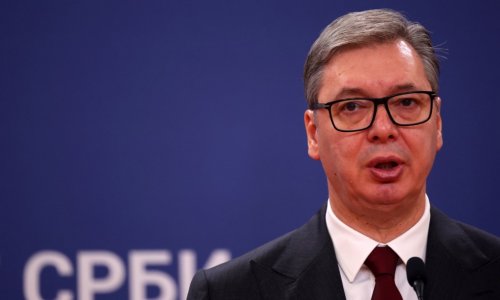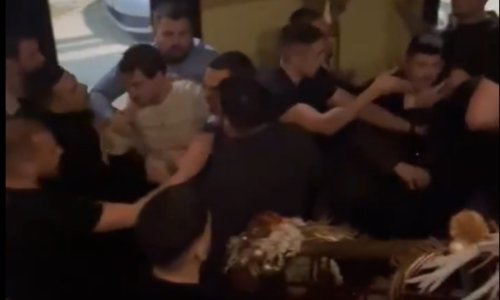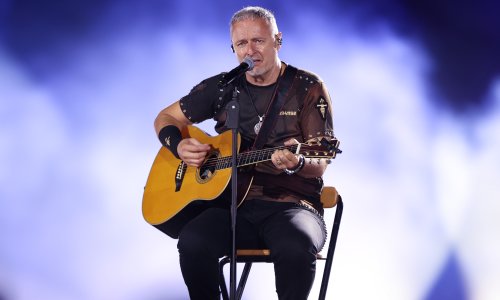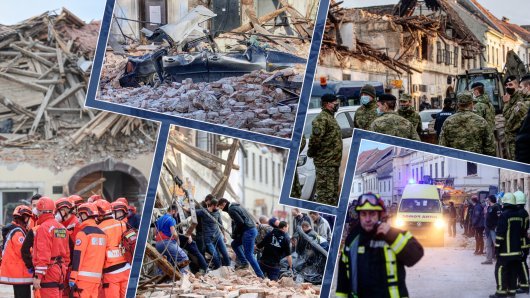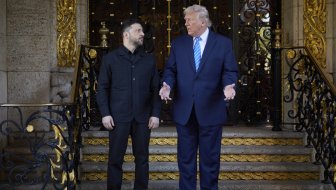Representatives of the opposition groups in the Croatian parliament - the Social Democratic Party (SDP), the Croatian People's Party/the Croatian Pensioners' Party (HNS/HSU) and the Istrian Democratic Party (IDS) - on Wednesday asked the ruling majority to support their proposal to set up a commission of inquiry to investigate if the police were being used to deal with those with different political opinions.
Andrija Hebrang of the Croatian Democratic Union (HDZ) said he would not support the forming of the commission, saying that this would represent the interference of the politics in the work of the judiciary and the police.
Zoran Milanovic of the SDP said the opposition parties asked Parliament Speaker Luka Bebic this morning to set up a commission of inquiry to establish the facts concerning the role of chief of police Oliver Grbic in pressing anonymous charges against opposition leaders, notably with regard to the arms supply in Rijeka in 1991.
Milanovic asked Bebic and the ruling majority to consider the proposal as soon as possible and include it in the agenda, stressing that it was in the public interest to shed light on the Grbic-Polancec case and not wait for the next parliamentary session.
Given that the HDZ has not requested the investigation of this case, the opposition has done it by asking that a commission of inquiry be formed to investigate and precisely define issues of public interest.
Vesna Pusic of the HNS/HSU agreed it was of "the vital public interest" to establish the truth and see if chief of police Grbic, as claimed by Damir Polancec, really advised the HDZ to press anonymous charges against opposition leaders, more specifically against Slavko Linic and Radimir Cacic.
She stressed these allegations needed to be investigated.
Hebrang of the HDZ said he would not support the forming of the commission, calling on the opposition to stop politicising and start acting more like the HDZ, namely to let the institutions do their job even if their own members were under an investigation.



